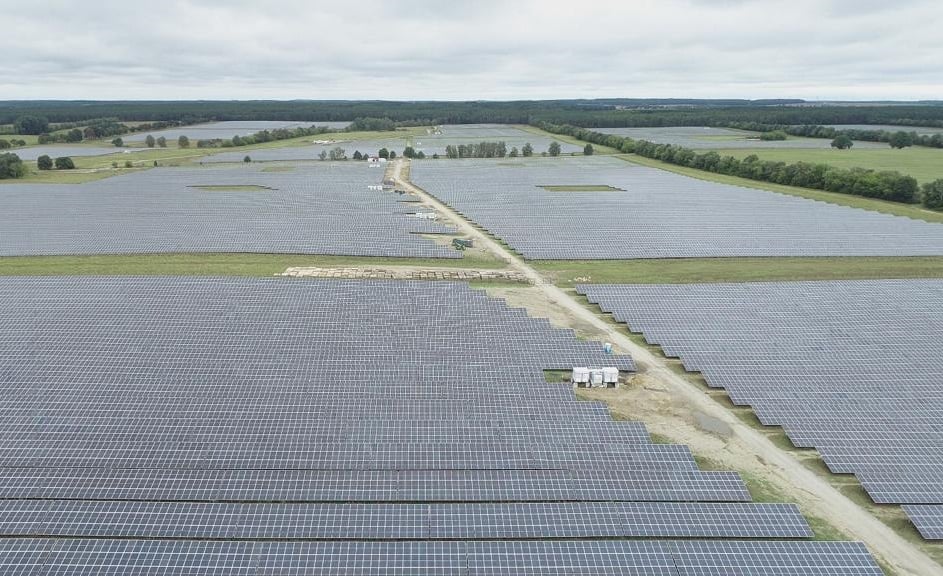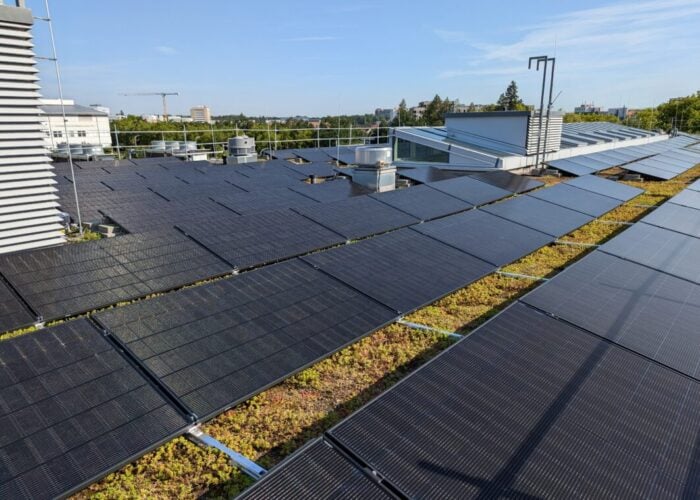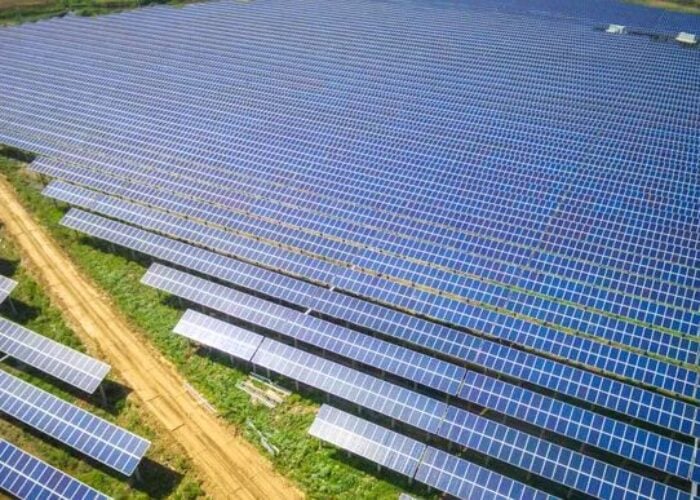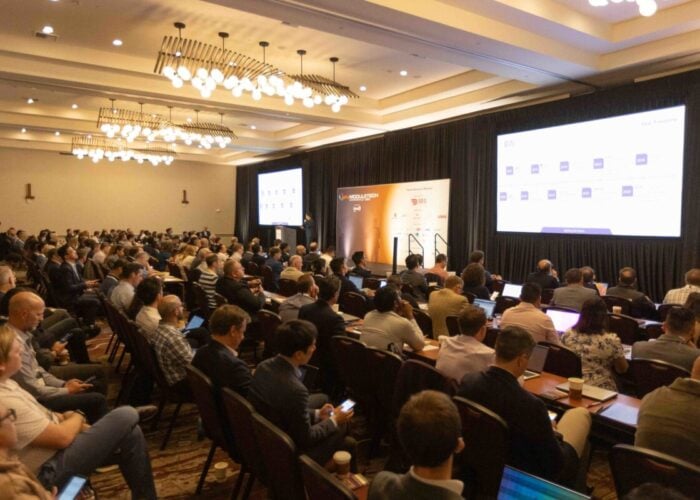
Germany is set to rapidly accelerate solar and wind deployment as it brings forward plans for renewables to account for all the country’s electricity needs by 2035.
Amid efforts to reduce reliance on Russian gas following Moscow’s invasion of Ukraine, Germany’s economy minister, Robert Habeck, plans to speed up the passage of the country’s Renewable Energy Sources Act (EEG) through parliament so that it can come into force by July 2022.
Unlock unlimited access for 12 whole months of distinctive global analysis
Photovoltaics International is now included.
- Regular insight and analysis of the industry’s biggest developments
- In-depth interviews with the industry’s leading figures
- Unlimited digital access to the PV Tech Power journal catalogue
- Unlimited digital access to the Photovoltaics International journal catalogue
- Access to more than 1,000 technical papers
- Discounts on Solar Media’s portfolio of events, in-person and virtual
This law would see renewables account for 80% of Germany’s electricity needs by 2030 and 100% of them by 2035, by which time the country aims to have 200GW of deployed solar. As of December 2021, Germany had almost 60GW of installed solar.
“The expansion of renewable energies is a question of national and European security,” Habeck said ahead of a two-day visit to the US to discuss energy and security policy with the Biden administration.
The EEG would see Germany increase solar tenders to 20GW by 2028, keeping them at that level until 2035, while also suspending cuts in subsidies for rooftop PV systems, according to Reuters.
Generating all of Germany’s electricity from renewable sources is “ambitious, but doable”, said Simone Peter, president of renewable energy association BEE.
Peter said that installed solar PV and wind capacity can be rapidly increased by streamlining processes. “This ensures that generation from renewable energies replaces part of the imports that were previously required in a timely manner.”
The planned renewables ramp-up comes as Germany’s last nuclear power plants are due to be taken offline by the end of this year, while the new government is aiming to phase out coal generation by 2030.
Chancellor Olaf Scholz last week blocked the Nord Stream 2 pipeline, which was designed to double the flow of Russian gas to Germany. The country already sources more than half of its gas from Russia.
“We need to admit that in the past we have been too reliant on Russian imports,” Habeck said ahead of meeting in Brussels on Monday. “In the medium and long term, we are going to significantly reduce the consumption of fossil fuels.”
For Germany to reach 200GW of deployed solar by 2030, the country will need to add an average of 15.6GW annually, a near-trebling of what was installed last year, according to the country’s solar trade association the Bundesverband Solarwirtschaft, which has called for barriers to be “torn down” for the 200GW target to be reached.
Other solar-supporting policies from Germany’s new government include an initiative announced last month that will increase the construction of PV plants on agricultural land.
Kerstin Andreae, head of German energy industry association BDEW, said security of supply requires a massive expansion of renewables as well as a ramp-up of hydrogen, adding: “We must become independent of fossil fuels. In the case of renewable energies, in particular, it must now finally be clear that obstacles to the approval and realisation of projects must be a thing of the past.”







